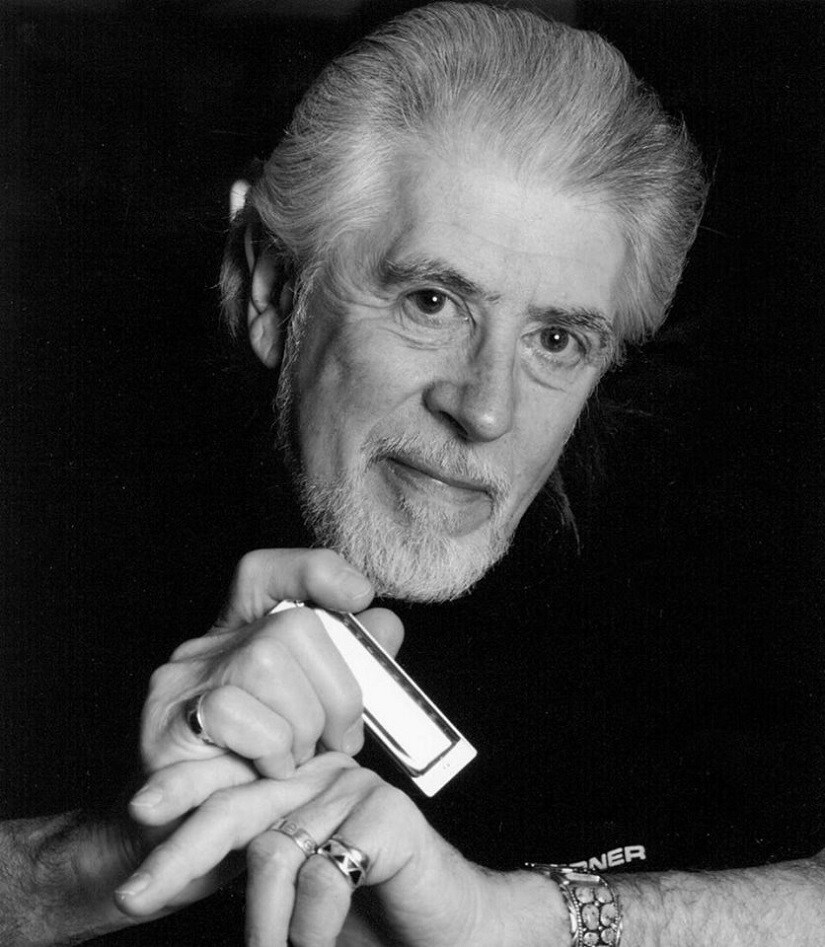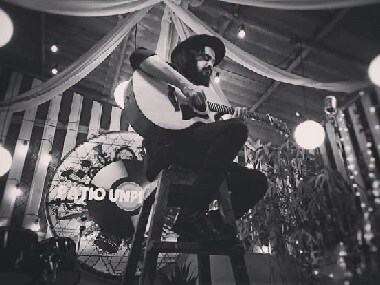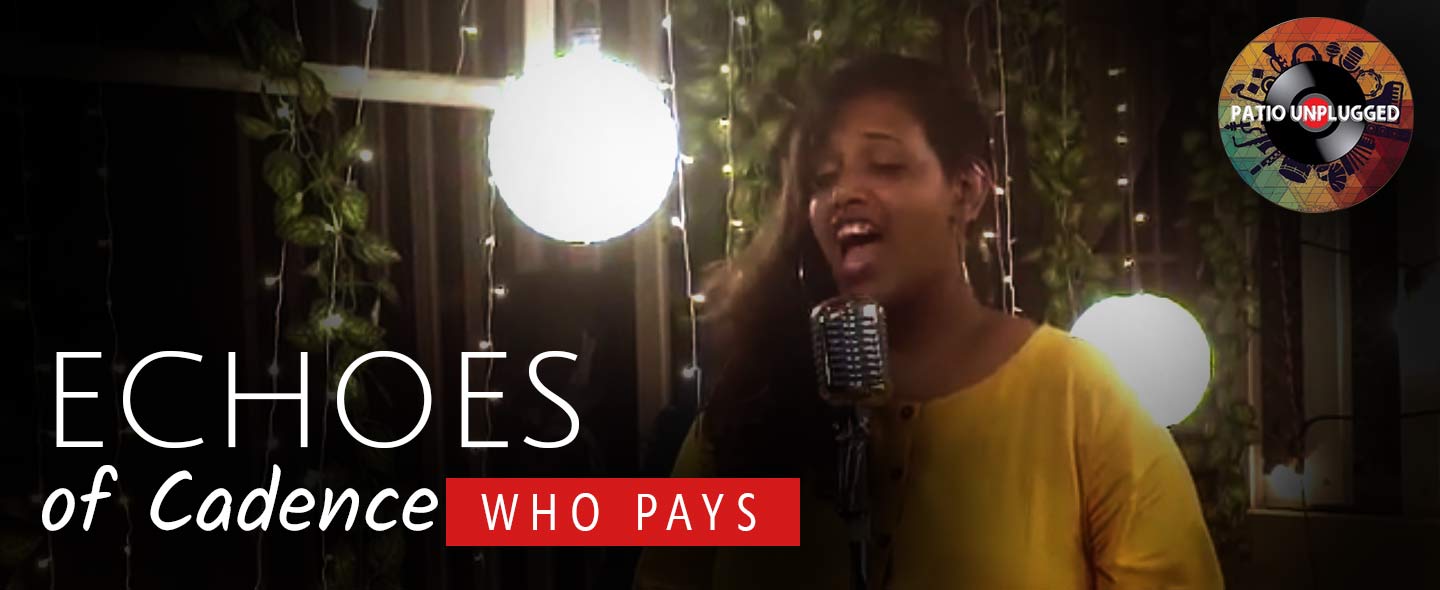John Mayall on 50 years of 'learning, relearning the Blues', and still having fun
Between 1965 and 1969, John Mayall and the Bluesbreakers released 11 albums. Almost 50 years later, he has over 67 albums to his name.
And as he sits to speak with me about his life and career, 84-year-old Mayall is already excited about his next album — one with a host of guest guitarists. For a man who creates music with remarkable speed, he speaks slowly and measuredly. He is considered among the most influential blues musicians in the world, yet he’s in no hurry to widen his fanbase; satisfied in the belief that his fans — though “small in numbers” — are doggedly loyal.
“Any musician will tell you that when you start out, you don’t know where your career will take you. The only security you have is to be totally honest with yourself. Hopefully you’ll get an audience for your work. I’ve my own audiences, not big ones, but ones that truly appreciate my work and how I’ve communicated with them. I haven’t had a hit record in all these years…I suppose my biggest selling record was The Turning Point back in 1969. You could say I’ve been a bit of an underground figure,” he laughs.
A career that spans over 50 years is in itself a feat, and Mayall has not just endured the decades but commanded worldwide respect for his work from fans and from his peers. Conversations about him always veer towards his notable bandmembers or proteges who went on to acquire much fame. Eric Clapton, Mick Taylor, Peter Green, John McVie, Mick Fleetwood, Jack Bruce, Walter Trout, Coco Montoya, are counted among them.
Yet, there’s infectious candour in Mayall’s assessment of his own career and the roles people have played in it. Does it rankle that in all these years, he’s had one Grammy nomination and no win? “Not at all. I don’t think about it that way,” he says matter-of-factly, “Yes, I’m fully aware of how famous some of my former band members have become and I couldn’t have been happier for their successes. Then I look at my own body of work and I that I’ve somehow managed to put out three or four times the albums that a lot of such musicians have. And through it all, retained an audience that loves the various sounds of my work.”
The key to his longevity, he admits, is in constantly evolving oneself through one’s work. Not one to rest on his laurels, Mayall has always been ahead of his own creative curve, with his next album conceptualised even before the current one is released. He laughs with amazement, “I have no idea what inspires me to do this. None. I just feel there’s so much more music to be worked on, so much more to release via albums, and so many more newer ideas to be experimented with. I’m driven by this need to explore as many musical avenues as possible and I consider myself truly fortunate to feel this way even after all these years,” he says.
Variety has been among Mayall’s greatest contributions to the world of the blues. From introducing a wide-range of talent to creating albums that consistently defy the cookie cutter mould, Mayall prides himself on being hard to pin down. When the world is accustomed to musicians releasing studio albums as debuts, Mayall introduced the world to his music through a debut live album. When you recognise the importance of rhythm and through that, percussion, in the blues, Mayall takes it a step further and releases an album like The Turning Point that is devoid of a drummer.
His eyes twinkle mischievously when you ask him about his modus operandi. “Fundamentally, I just want to have fun,” he chuckles, “But I also don’t like to do the same thing over and over again. It is far more enjoyable to test boundaries and to experiment. And that’s what happened with The Turning Point. I thought, ‘what if I removed the drum section? How would this sound?’ I delight in interpreting the same songs differently and making them relevant to the moment. As much as blues as a genre lends itself to such versatility, it’s also an individual thing. I know many blues and pop artists who play the same thing, the same way every single night.”
There’s also a method to Mayall’s penchant for changing things up. For someone who has helmed a band with so many visiting members, it’s natural to be predisposed to change. With every new member comes a new influence, and juxtaposing that with the various musicians who inspire Mayall, would mean that there’s a vast body of stimuli to draw from.
He cites people like Alexis Korner and JB Lenoir among his early influences, acknowledges that there’s something he’s managed to imbibe from everyone he has collaborated with. For someone who has backed up for John Lee Hooker, T-Bone Walker, and Sonny Boy Williamson among others, Mayall has occupied a unique position of being a British blues musician who has also captured the fascination of America, the land that gave the world the blues.
“I haven’t really thought about specific British and American influences. Beyond a point it is all about jamming with musicians whose talent inspires you. You get influenced by those you play with. As much as there is the racial context to American blues, you recognise that the blues are a universal language. It ceases to be a product of America alone. It’s a means of communication for the world in general. You see what Bonnie Raitt did for the blues, or what Stevie Ray Vaughan or Joe Bonamassa have done. They’ve taken it to newer and wider audiences. I have been so lucky to perform with so many musicians. From Eric (Clapton) and Peter (Green) to Coco (Montoya), it’s been 50 years of learning and relearning the blues together.”
Prod him further about being one of the most successful talent scouts in the business, and Mayall is humbly nonchalant. He was guided by his ear in choosing who he wanted to collaborate with. Most of the blues legends were just starting out in their careers when Mayall had the conviction to tap them for his band. He smiles at being reminded yet again that this can’t have been just a happy coincidence that some of the biggest names in the blues world have gone through the John Mayall rite of passage. “I’m just happy people think that way. It shows that they’re interested in what I do and I want to keep it that way. I have always believed in the freedom to create music just the way I want to, while letting all these wonderful musicians do what is honest to them. And fortunately, it has worked. You are the sound you create. So long as my own personality and originality permeates through my music and the musicians I work with are able to find expression, we will have a lot more music to make,” he says.
Published Date: Feb 10, 2018 10:11 AM | Updated Date: Feb 10, 2018 10:11 AM



